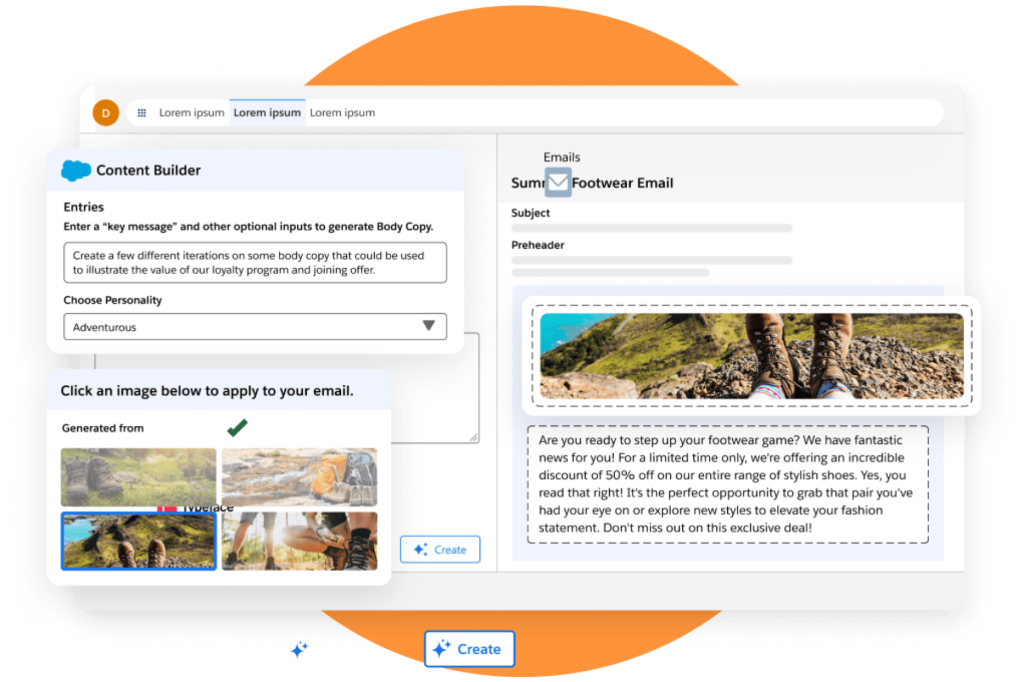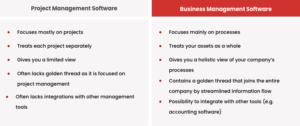Salesforce Marketing Cloud does not directly handle inbound emails. It focuses on outbound email marketing and customer journey management.
Salesforce Marketing Cloud is a powerful tool for businesses to streamline their marketing efforts. It enables companies to create personalized customer journeys, manage campaigns, and analyze performance. With its extensive range of features, businesses can target their audience more effectively and improve engagement.
The platform integrates seamlessly with other Salesforce products, providing a unified view of customer data. This comprehensive approach helps businesses optimize their marketing strategies and achieve better results. Salesforce Marketing Cloud is ideal for companies looking to enhance their outbound email marketing, automate processes, and gain valuable insights into customer behavior.

Credit: www.salesforce.com
Key Features
Salesforce Marketing Cloud is a robust platform for managing inbound emails. It includes numerous features to enhance email marketing strategies. This section covers the key features of Salesforce Marketing Cloud.
Email Studio
Email Studio is a powerful tool within Salesforce Marketing Cloud. It helps marketers create and manage email campaigns easily.
| Feature | Description |
|---|---|
| Email Campaign Management | Organize and manage email campaigns efficiently. |
| Segmentation | Target specific audiences with personalized emails. |
| Analytics | Track email performance and optimize campaigns. |
Content Builder
Content Builder is an essential feature for creating engaging email content. It offers a user-friendly interface and multiple tools for content creation.
- Drag-and-Drop Interface: Easily create email templates.
- Personalization: Customize emails for individual recipients.
- Content Blocks: Reuse content across different emails.
These key features make Salesforce Marketing Cloud a powerful tool for inbound email marketing.
Inbound Email Handling
Salesforce Marketing Cloud offers robust solutions for managing inbound emails. It enhances user engagement and streamlines communication. This platform ensures your emails are effectively handled and utilized.
Automated Responses
Salesforce Marketing Cloud supports automated responses for inbound emails. This feature saves time and boosts efficiency. Automated responses can acknowledge receipt of the email. They can also provide instant replies with relevant information.
Here is a simple example:
Dear [Customer Name],
Thank you for your email. We have received your message and will respond shortly.
Best Regards,
Your Company
Automated responses ensure prompt communication with your customers. They keep the conversation going even when you’re not available.
Segmentation And Targeting
Salesforce Marketing Cloud excels in segmentation and targeting of inbound emails. It categorizes emails based on predefined criteria. This ensures messages reach the right audience.
Consider the following segmentation criteria:
- Customer Preferences
- Purchase History
- Geographic Location
- Demographics
Segmentation allows personalized responses and targeted marketing. This enhances customer satisfaction and increases engagement.
Salesforce Marketing Cloud offers powerful tools for inbound email handling. These tools streamline communication and enhance customer interaction.
Integration Capabilities
The integration capabilities of Salesforce Marketing Cloud make it a powerful tool. It can handle inbound emails effectively. This section explores its integration with third-party tools and CRM systems.
Third-party Tools
Salesforce Marketing Cloud integrates well with many third-party tools. These integrations enhance its functionality. Popular tools include:
- Google Analytics for tracking user behavior
- Social Media Platforms like Facebook and Twitter for social listening
- Email Service Providers for seamless email marketing
These integrations allow for better data collection and analysis. This makes your marketing efforts more effective.
Crm Integration
The CRM integration with Salesforce Marketing Cloud is seamless. You can sync customer data easily. This integration provides a unified view of each customer.
| Feature | Benefit |
|---|---|
| Unified Customer Profiles | Better understanding of customer behavior |
| Automated Campaigns | Personalized and timely communication |
| Data Sync | Real-time updates and insights |
These benefits make your marketing campaigns more targeted. They also improve customer engagement.

Credit: www.salesforce.com
Personalization Techniques
Personalization techniques are essential for effective email marketing. They ensure each email speaks directly to the recipient. Salesforce Marketing Cloud provides various tools to achieve this.
Dynamic Content
Dynamic content allows emails to change based on the recipient’s data. This ensures messages are relevant to each individual. Here are some dynamic content techniques:
- Use recipient’s name in the email.
- Show products based on past purchases.
- Customize offers based on browsing history.
Dynamic content helps increase engagement and conversion rates. It makes emails feel more personal and less like spam.
Customer Journeys
Customer journeys map out the steps a customer takes with your brand. These journeys can be automated with Salesforce Marketing Cloud. Here are key steps to create effective customer journeys:
- Identify customer touchpoints.
- Set goals for each stage.
- Create tailored content for each step.
- Monitor and adjust the journey as needed.
Customer journeys help nurture leads and build loyalty. They ensure the right message reaches the right person at the right time.
Using these personalization techniques, your email marketing can become more effective. Salesforce Marketing Cloud provides the tools needed for this level of customization.
Analytics And Reporting
Understanding the effectiveness of your email marketing efforts is crucial. Salesforce Marketing Cloud offers robust analytics and reporting features. These tools help you measure your campaign’s success and identify areas for improvement.
Email Performance Metrics
Salesforce Marketing Cloud provides comprehensive email performance metrics. These metrics include:
- Open Rate: The percentage of recipients who opened your email.
- Click-Through Rate (CTR): The percentage of recipients who clicked on a link within your email.
- Bounce Rate: The percentage of emails that were not delivered successfully.
- Unsubscribe Rate: The percentage of recipients who opted out of your mailing list.
These metrics are essential for understanding how your audience interacts with your emails. They help you refine your strategies for better engagement.
Customer Insights
Beyond email metrics, Salesforce Marketing Cloud offers valuable customer insights. These insights include:
- Demographics: Information about your audience’s age, gender, and location.
- Behavioral Data: Insights into how customers engage with your emails over time.
- Purchase History: Details about past purchases, helping you tailor future campaigns.
These insights allow you to create targeted and personalized email campaigns. Personalization leads to higher engagement and conversion rates.
The platform also offers customizable dashboards. These dashboards provide a visual representation of your data. You can track key metrics at a glance and make informed decisions quickly.
Salesforce Marketing Cloud’s analytics and reporting tools empower marketers. They provide the data needed to optimize email campaigns and drive results.

Credit: www.linkedin.com
Best Practices
Salesforce Marketing Cloud offers robust tools to manage inbound emails. Implementing best practices is essential for achieving optimal results. This section covers effective strategies to enhance your email campaigns.
Effective Subject Lines
Subject lines are the first thing recipients see. They play a crucial role in email engagement. Follow these tips to create compelling subject lines:
- Keep it short and concise, ideally under 50 characters.
- Use action-oriented language to encourage clicks.
- Personalize with the recipient’s name or relevant details.
- Avoid spammy words like “free,” “urgent,” or “guarantee.”
- Test different subject lines to see what works best.
Optimal Send Times
Timing can significantly impact the success of your email campaigns. Consider these factors to determine the best send times:
| Day of the Week | Best Time to Send |
|---|---|
| Monday | 8 AM – 10 AM |
| Tuesday | 10 AM – 12 PM |
| Wednesday | 2 PM – 4 PM |
| Thursday | 8 AM – 10 AM |
| Friday | 12 PM – 2 PM |
These times are general guidelines. Always test and analyze your results to find what works best for your audience.
Case Studies
Exploring real-world applications of Salesforce Marketing Cloud on inbound emails reveals the platform’s power. This section delves into specific case studies to highlight its capabilities. These examples showcase successful campaigns and valuable lessons learned.
Successful Campaigns
Several companies have achieved remarkable results using Salesforce Marketing Cloud for inbound emails. Below are some notable campaigns:
| Company | Campaign | Outcome |
|---|---|---|
| Hubspot | Welcome Series | Increased open rates by 40% |
| Fiverr | Re-engagement | Boosted click-through rates by 30% |
| UpWork | Feedback Collection | Improved customer satisfaction by 25% |
Lessons Learned
From these campaigns, several key lessons emerged:
- Personalization is crucial for higher engagement.
- Automation saves time and ensures consistency.
- A/B Testing helps refine email strategies.
- Customer Feedback improves service and product offerings.
These insights demonstrate Salesforce Marketing Cloud’s impact on inbound email strategies. Businesses can leverage these lessons to enhance their campaigns.
Frequently Asked Questions
Does Salesforce Marketing Cloud Support Inbound Emails?
Yes, Salesforce Marketing Cloud supports inbound emails. It allows you to handle and manage incoming emails efficiently. This helps improve customer engagement.
Can I Track Inbound Emails In Salesforce Marketing Cloud?
Yes, you can track inbound emails in Salesforce Marketing Cloud. The platform provides detailed analytics and reporting. This helps you monitor email performance.
How Do I Manage Inbound Emails In Marketing Cloud?
You can manage inbound emails in Marketing Cloud using its Email Studio. It offers various tools for organizing, filtering, and responding to emails effectively.
Is It Possible To Automate Responses To Inbound Emails?
Yes, Salesforce Marketing Cloud allows automation of responses to inbound emails. You can set up automated workflows. This ensures timely and consistent communication.
Conclusion
Salesforce Marketing Cloud effectively manages inbound emails. Its robust features ensure streamlined communication and enhanced customer engagement. Businesses benefit from its automation and analytical tools. Investing in Salesforce Marketing Cloud can improve your email marketing strategy. Experience seamless integration and optimized email performance with this powerful platform.





